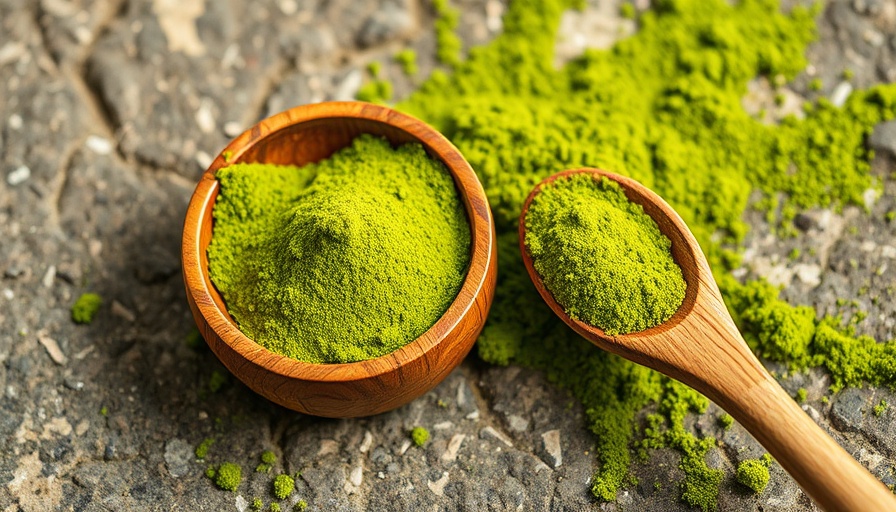
Understanding Quinoa: A Nutrient-Dense Superfood
Quinoa, often celebrated as a superfood, is technically a seed but functions much like a grain in cooking and consumption. Known for its gluten-free properties and high protein content, quinoa is rich in essential amino acids, making it a valuable addition to any diet. However, despite its many nutritional benefits, quinoa's high fiber content and the presence of natural compounds known as saponins can lead to gastrointestinal issues for some individuals.
Nutritional Value of Quinoa: Benefits Beyond the Basics
A cup of cooked quinoa contains approximately 222 calories, 8 grams of protein, 3.55 grams of fat, 39 grams of carbohydrates, and 5 grams of fiber. These figures demonstrate quinoa's potential as a staple food, especially for those following a plant-based diet. Its wealth of vitamins and minerals—including magnesium, iron, B vitamins, and antioxidants—suggest it can play a significant role in promoting overall health.
How to Enjoy Quinoa Without Digestive Distress
Quinoa can sometimes be a double-edged sword. While it provides numerous health benefits, many individuals report experiencing digestive discomfort after consumption. Common symptoms include bloating, gas, and even constipation. This discomfort is often attributed to the saponins naturally present in quinoa, which can irritate the digestive tract.
Tips for Cooking Quinoa Wisely
To minimize potential digestive issues, it’s crucial to rinse quinoa thoroughly before cooking. This not only helps remove saponins but also improves the overall taste and texture of the grain. Another useful tip is to gradually increase quinoa in your diet, allowing your digestive system to adapt to the added fiber content, thus reducing the chances of experiencing gas or bloating.
Quinoa Digestive Issues: What You Need to Know
Dietitian Gulnaaz Shaikh from KIMS Hospitals emphasizes that many patients have reported stomach discomfort after consuming quinoa, particularly as their last meal before feeling unwell. This highlights the importance of being mindful of how quinoa fits into your individual dietary needs. While quinoa can be part of a healthy diet, paying attention to your body’s response to it is essential.
Can Quinoa Cause Constipation?
Yes, quinoa can potentially contribute to constipation in some individuals, especially when consumed in large quantities without adequate water intake. Given that quinoa is high in fiber, hydration is key to ensuring that fiber can do its job in regulating digestion. For those prone to constipation, accompanying quinoa with sufficient hydration and other fiber-rich foods can help mitigate these effects.
Final Thoughts: Making Quinoa Work for You
Ultimately, quinoa is a versatile ingredient that, when prepared thoughtfully, can benefit your diet without causing undue discomfort. By rinsing the seed properly, gradually introducing it into your meals, and ensuring you're consuming enough fluids, you can enjoy this nutritious food without the negative side effects. As we explore various avenues of sustainable, healthy eating, quinoa remains a powerful option worthy of a spot on your plate.
Call to Action: Embrace Healthy Eating
If you're looking to enhance your diet with nutritious foods like quinoa, take action today! With the right approach, you can enjoy all the health benefits quinoa offers while minimizing any discomfort. Start experimenting with new quinoa recipes and see how it fits into your daily meals!
 Add Row
Add Row  Add
Add 




Write A Comment